Sierra Leone
Rush hour in Freetown means gridlocked streets and a scramble for transport means to get to and from work. Unlike developed cities where public transport is a mix of subways, trams, trains and buses, Sierra Leone's capital entirely relies on road transport.
14-seater mini-buses are the most common transport means. They are liked for their affordable fares but without dedicated lanes, they are dangeroudly slow. Motorcycle taxies are preferred for their ability to navigate traffic.
"We face a lot of challenges, especially coming all the way from Wilberforce [a neighborhood in west Freetown],'' said Theresa Komba, a student.
''I often find it difficult because I tend to arrive late for classes. The first school bell rings at 7:30 am local time, and by the time I get there, it's already 9:00 am, causing me to miss my first class," she added.
To modernize public transportation, Freetown recently acquired 50 buses under the Integrated and Resilient Urban Mobility Project, a collaboration between the World Bank and the government of Sierra Leone.
42 buses have already been put in operation.
Alpha Amadu Bah is the president of the drivers and transport workers union. In a recent meeting with members of the union, he said that the buses were too few to make a big difference.
"50 buses and another 50 will not be enough to take people from one place to another,'' said Bah.
The ministry of transport said it is exploring more solutions to reduce the public transportation crisis in the capital.
Some of the measures include changes to fares paid by commuters.
Ministry of Transport says they have taken note of the challenges and are finding alternative solutions to address the problem.
"So we are going to have a flat rate at this stage; but as we graduate, we are going to ensure that this is modernized in a way that the fares will be paid based on the distance covered,'' said Chernoh Jalloh, the project engineer for the Integrated and Resilient Urban Mobility Project.




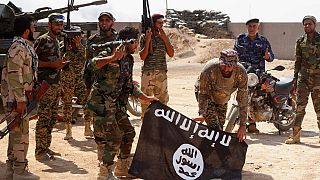
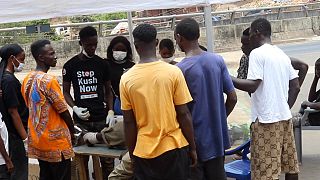
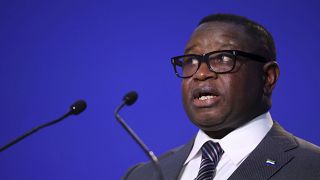
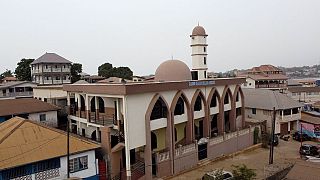

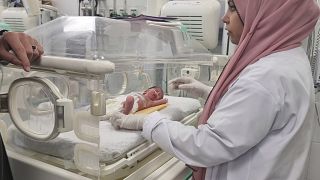
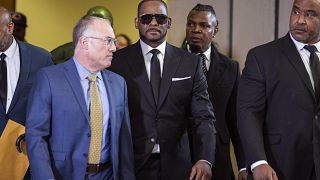
00:55
Kenya: 41 passengers rescued after floodwaters swept a bus off a bridge
Go to video
Mali: at least 31 dead and 10 injured in a bus accident
02:34
Europe to Africa by road: Budapest Bamako Rally returns to Sierra Leone
02:40
Sierra Leone: a science and leadership festival for young people
02:15
Senegal's Sall inaugurates e-bus fleet of Dakar public transport network
Go to video
Sierra Leone charges ex-president's guard and 11 others over failed coup